Talking heads. Public communication policies in an international economy.
We study a non-cooperative communication game being played by national policymakers in
a two-country economy including a beauty-contest argument in the utility function of agents
and cross-border technology spillovers. Each policymaker receives some information either
solely on the home technology idiosyncratic shock or on both shocks. She has the choice of
revealing or not the received signal(s). The equilibrium of the non-cooperative game being
played by policymakers may entail revelation, either full or partial, or opacity, full or partial.
This crucially depends on the interplay between the size of countries and the strength of the
beauty contest motive. From a normative point of view, full or partial opacity may be optimal,
showing that the social value of some public information may be negative due to cross-border
spillovers. Public information provided by non-cooperative policymakers may be too little or
too much.
JEL Codes : D82, E61
Keywords : communication policies, beauty contest, public information, policy games






